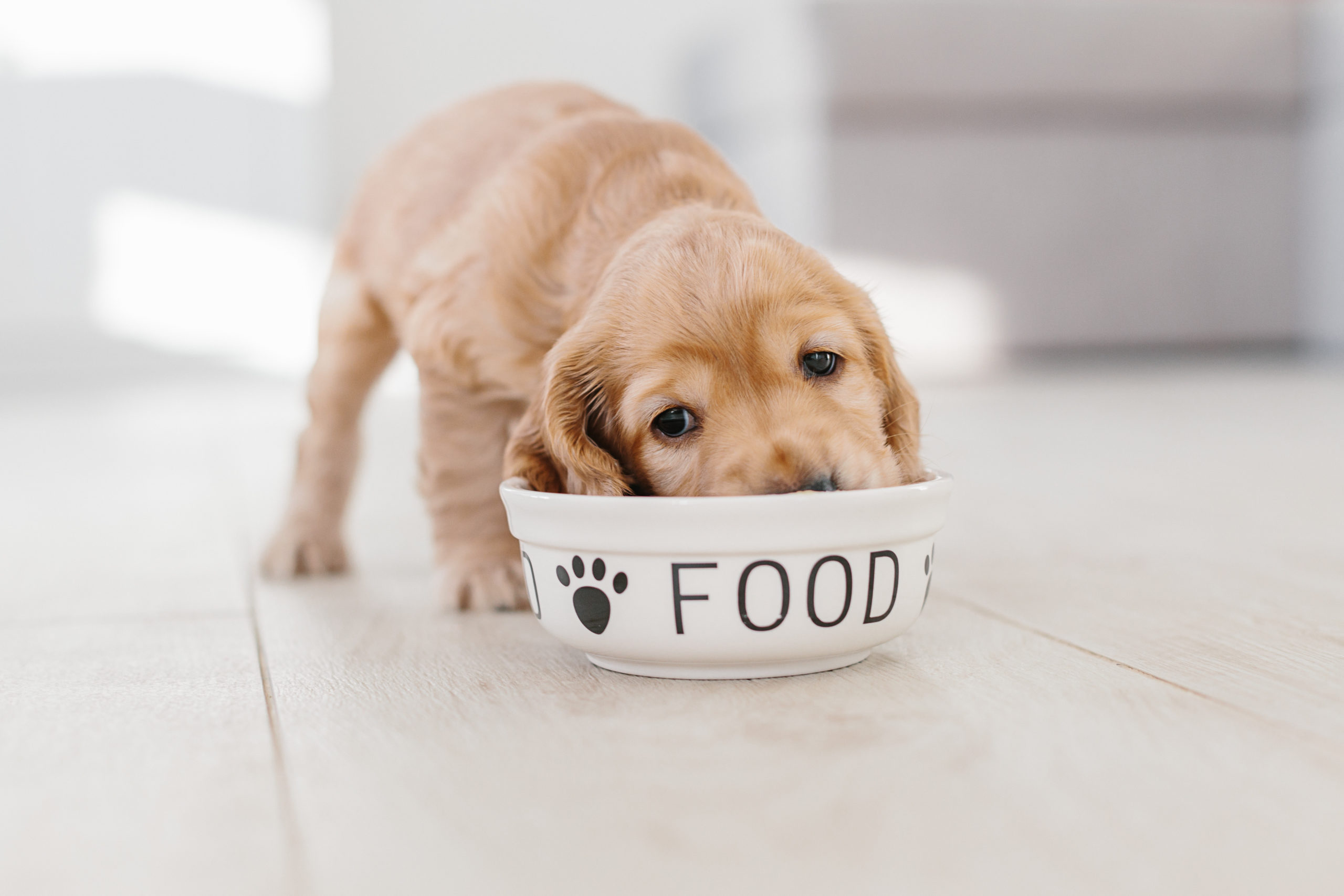Dogs are incredible beings. They can connect with people on a deep emotional level; they are not considered as man’s best friend for nothing. Thus, when a new puppy arrives home, all the household members are overwhelmed by feelings of happiness and excitement.
Be Extra Prepared For The Puppy’s Arrival
It’s essential to prepare yourself for the puppy’s arrival, such as by educating yourself on all the things you must know from day one as far as pet care is concerned. How many times a day should you take your baby out for a walk? How often should you bathe your pup? What vaccines should your baby canine get to ensure that they’re in perfect health condition as they grow up? Puppies can be very expensive!
Also, one of the most important things you need to know as a furparent is how much to feed a puppy. It’s never easy finding an answer for that question online, that’s why it’s of the essence to consult a veterinarian regarding that matter.
How Much Food Is Enough For Your Puppy?
How much to feed your puppy should depend on their age, breed, and size, among others. Read puppy blog to know more about it.
Here are some of the general age-related feeding instructions you need to take note of:
-
Six- to 12-week-old puppies are still growing and they should consume puppy food. The food for baby canine is specially designed to provide them with all essential nutrients, minerals, and vitamins needed for their proper development. Four meals each day is enough to meet their nutritional needs.
-
Three- to six-month-old puppies should have one meal less, which makes three meals in total during a day.
-
Six to 12-month-old pups should have two meals a day. This is the period in which you should switch from puppy food to adult dog food. Some larger breeds can make this switch somewhere between 12 to 14 months, while some smaller breeds can switch anywhere between seven to nine months.
-
After 12 months, most dog breeds should start eating two half portions of adult dog food each day.
Additionally, you should always pay attention to the dish, and not your dog per se. The size of portions should depend on their body type, metabolism, as well as various nutritional requirements. In case your puppy skips a meal or is a picky eater, you shouldn’t be worried. Maybe you have given them way too much food, and you should try decreasing the amount in the succeeding feeding sessions.
It’s essential to avoid overfeeding your puppy because it can have adverse effects on their health. That’s why you must examine the chart on the food packaging thoroughly so you can feed your pup the proper way. If you want to be extra sure, you may consult your vet regarding your furbaby’s food intake.
Types Of Puppy Food
Always speak to your veterinarian first before deciding what type or brand of food to feed your puppy. But, what’s most important is that your final pick should have enough calories and nutrients since puppies require a lot of these during the development phase. The best puppy food should be a great source of calcium and protein.
Moreover, introducing your puppy to the wet or dry food may not have positive results at first, but they will surely adapt to the changes eventually. Try different brands since some of these may have a specific odor that your pup won’t like. The dry kibble is always the best choice since it’s rich in all the necessary nutrients every dog needs, but treating your puppy with canned and wet food should also be fine from time to time. Wet food is not as nutritious as dry kibble, so it shouldn’t be your puppy’s primary food choice.
Always Choose The Most Nutritious Food
Dog food with low nutritional value usually requires you to feed your dog more. On the other hand, high-quality, nutrient-rich food allows your pup to eat smaller amounts.
Besides the amount of food your pup should eat daily, it’s also essential to take into account the nutritional value of the food they take. It should provide them with all the necessary vitamins and minerals so that your puppy would grow properly. Never fail to read the ingredients list on every food packaging. That way, you’ll always know which option is worth purchasing and patronizing.
Conclusion
Feeding your puppy is not rocket science, although it may seem so at first. How much you feed your puppy should primarily depend on their age, as well as their size and breed. But, the amount of food you give your baby canine shouldn’t be the only consideration you have to make. You also need to make sure that what you’re feeding your pup has high nutritional value and contains all essential vitamins and minerals to help them achieve their full growth potential. Most importantly, seek professional assistance in case you have any doubts.

